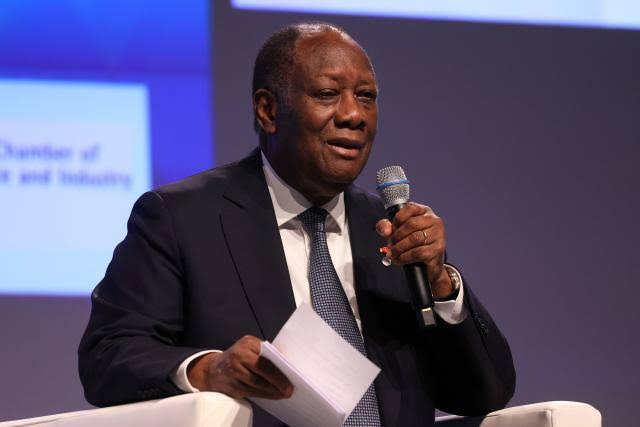In a bold move to accelerate regional financial integration, Ivory Coast’s President Alassane Ouattara has called for the adoption of a common currency among West African nations by 2026, a year earlier than previously planned. During a meeting with Ghanaian President Nana Akufo-Addo in Abidjan, Ouattara reaffirmed his country’s commitment to advancing the long-discussed initiative, signaling that Ivory Coast is ready to meet the economic criteria required for the shift.
“I want this common currency to be available by 2026 at the latest,” Ouattara stated. “Ivory Coast has made significant efforts, and from next year, we will be prepared to meet the required convergence criteria.” These criteria include critical financial measures such as reducing budget deficits, maintaining single-digit inflation, accumulating adequate foreign reserves, and limiting central bank financing of the state.
The push for a common currency, known as the “eco,” has been a project of the Economic Community of West African States (ECOWAS) for over two decades. However, progress has been slowed by the inability of member states to consistently meet the necessary economic benchmarks. Despite these challenges, the region remains committed to the initiative as a key step toward deeper economic and financial integration.
In 2021, ECOWAS introduced a revised road map targeting the currency’s launch by 2027. However, President Ouattara’s latest call aims to fast-track the process, bringing the launch date forward by one year. Both Ouattara and Akufo-Addo emphasized the importance of collaboration with other West African nations to ensure the success of this monumental undertaking.
The adoption of a common currency across the 15-member ECOWAS bloc is seen as a crucial step toward strengthening trade and economic stability in the region. If successful, the eco could reduce transaction costs, eliminate exchange rate volatility, and promote greater cross-border investment, contributing to the long-term economic growth of West Africa.
As Ivory Coast takes a leading role in pushing this vision forward, the region now looks to other member states to join in the efforts to meet the necessary conditions for the currency’s implementation.

